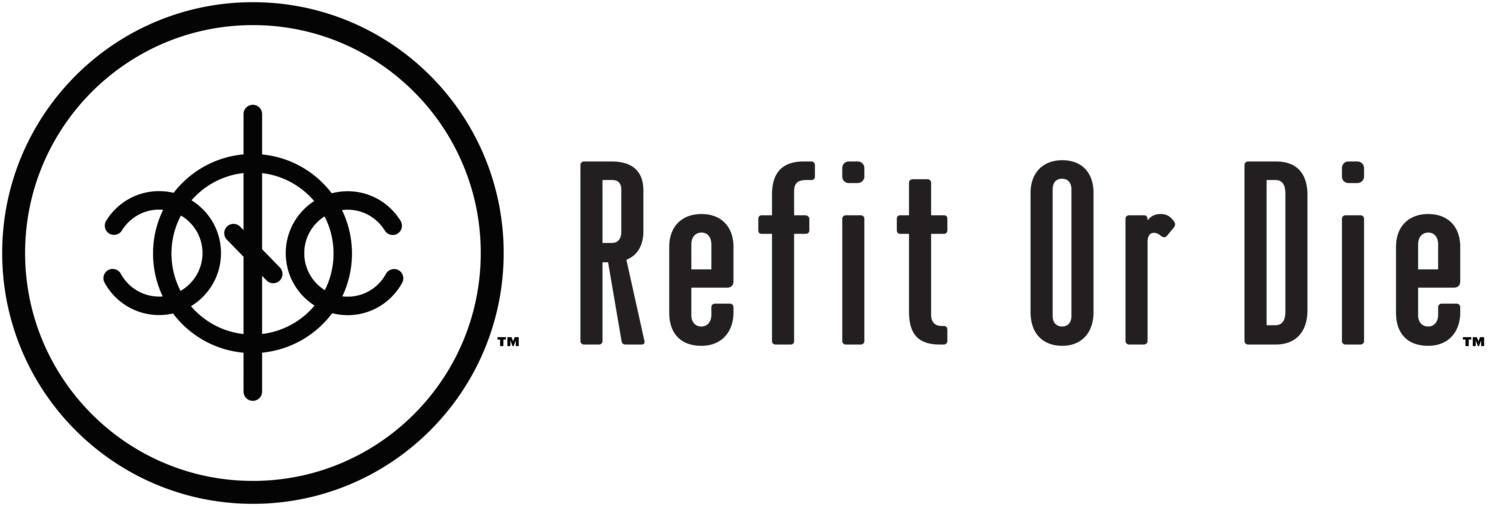
So You Say
- app
- artificial intelligence
- data visualization
- researching data access
above photograph by Jason Rosewell/Unsplash
SO YOU SAY is an app based on understanding ones ethnic, national and philosophical identity better.
Many of us would describe ourselves according to our ancestries, firmly placing ourselves within certain groups – but what if we’re not what we think? What if our patriotism and religious or personal ideology wasn’t actually in alignment with our true heritage?
Definitions and categories of nationality and race can be overused and exaggerated in the media, diluting the realities but it’s those contortions we tend to see as reality and identify with. SO YOU SAY seeks to take your own descriptions of your background and put them to task by comparing them to the reality of what your nationality might mean and where your actual heritage and traditions come from; it’s a deeper dive into culture.
I find myself increasingly surprised by the world every time I find out a new differing detail about something I thought I knew, such as where a favorite food item actually originated or a new detail about my own ancestry, a religious event or something about a family member that opens the door to more about my own family tree. I am more open to things when I realize I still have more to learn about myself.
Discovering information that under the Roman Empire, Christianity adopted many pagan rituals of conquered peoples in an effort to help convert them. Allowing the conquered people to continue some semblance of their known observances worked well as a strategy for keeping them in line; with time the population would be replaced with those who only knew the new traditions. Knowing that many Christian beliefs were actually guided by these pagan rituals becomes a great leveler for all of us to become more aware of who we are, how we are connected, and how we honestly fit into the bigger world around us.
My goal is for this app to give us all a clearer understanding that we are much more interesting standing together than when divided and also; that the user discovers they are more complex than they knew before, and the realization of this complexity can make them more open to those who aren’t like them. I hope this reduces fear of those who are different when we all realized we aren’t exactly who we thought we were.










